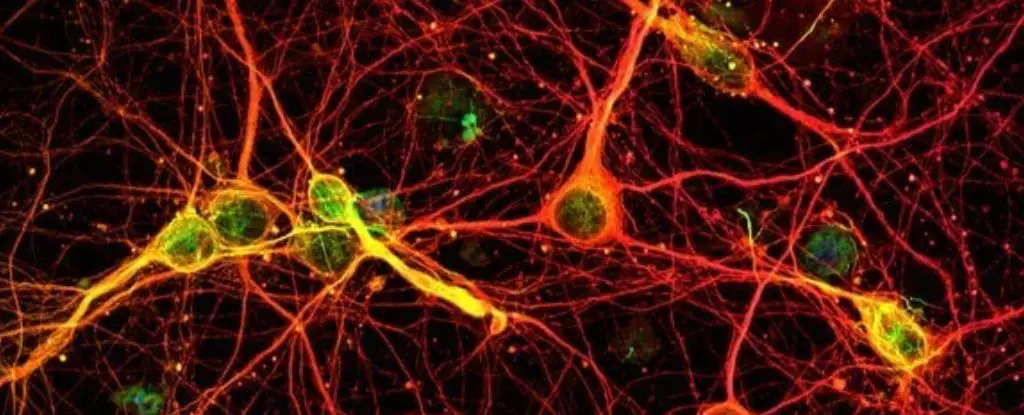Recent research originating from New York University (NYU) reveals groundbreaking insights into memory formation, suggesting that the capacity for learning and memory is not confined to the brain alone. Instead, it pervades a multitude of cell types throughout the human body, highlighting an unexplored dimension of cellular function. This article dissects the research findings, analyzing their implications for our understanding of memory and potential ramifications for treating cognitive disorders.
Traditionally, the brain has been esteemed as the sole organ responsible for memory formation. However, neuroscientist Nikolay Kukushkin and his team reveal that various cells, such as nerve and kidney cells, exhibit learning capabilities when subjected to repetitive stimuli. This phenomenon expands the notion of memory from a strictly neurological framework to a broader cellular context. Kukushkin’s findings suggest that these cells engage in memory-like processes, reinforcing the concept that learning is a fundamental aspect of life that transcends the confines of the central nervous system.
At the heart of this study is the principle of repetition as a pivotal mechanism for memory encoding. Known as the massed-spaced effect, this principle indicates that repeated exposure to specific stimuli leads to the formation of stronger and more lasting memories. While many students have learned the futility of cramming, this research provides a biological basis for why spaced learning—frequently taking breaks and revisiting material—enhances retention. It turns out that this process isn’t limited to neurons but is a hallmark of cellular behavior across various tissues.
Kukushkin’s team conducted experiments where they exposed non-neuronal cells to certain chemical patterns in a controlled laboratory setting. Remarkably, they discovered that these cells also demonstrated the massed-spaced effect, effectively “learning” from their chemical environment. This insight opens up a rich tapestry of potential applications in understanding how memories might be formed at the cellular level, illustrating a continuity of learning that exists throughout the entirety of the organism.
The study delves into the molecular intricacies behind this memory formation across different types of cells. The research found that protein kinases, particularly Protein Kinase A (PKA) and Protein Kinase C (PKC), play a crucial role in the memory-formation signaling cascade. By treating cells with varying “training pulses” of these protein kinases, researchers observed distinct patterns of gene activation linked to memory.
A particularly interesting observation was that a single three-minute pulse of treatment could induce temporary memory gene activation, lasting only a few hours. Conversely, multiple pulses resulted in a more robust and prolonged activation of these genes, extending the memory beyond short-term; in some cases, for days. This clarifies how the timing and frequency of exposure influence memory formation.
The implications of this research extend into the realms of health and disease. The concept of ‘body memory’—the idea that our bodily tissues may retain forms of memory—poses significant questions about how physical health might influence cognitive functions and vice versa. Kukushkin posits that the traditional distinction between brain and body memory is overly simplistic, advocating for a perspective that treats the body as an integrated learning system.
Moreover, these findings could yield practical benefits for medical research, particularly in treating cognitive impairments. The revelation that enhancing signaling pathways in non-neuronal cells may alleviate learning deficits provides a promising frontier for developing comprehensive therapeutic strategies.
As Kukushkin aptly states, the journey into understanding how these processes manifest in human bodies has only just begun. The complexity and interconnectivity between various cell types and their memory capabilities invite a wealth of investigatory avenues. With future research, there is potential not only for innovative treatment approaches for individuals suffering from learning disabilities but also for a profound reevaluation of how memory is defined and understood.
This research embodies a paradigm shift that redefines memory, advocating for a more holistic view that encompasses the entire human organism. By approaching the study of memory from this expansive vantage point, we may well unlock new pathways to understanding cognition, learning, and health in ways previously unimagined.


Leave a Reply